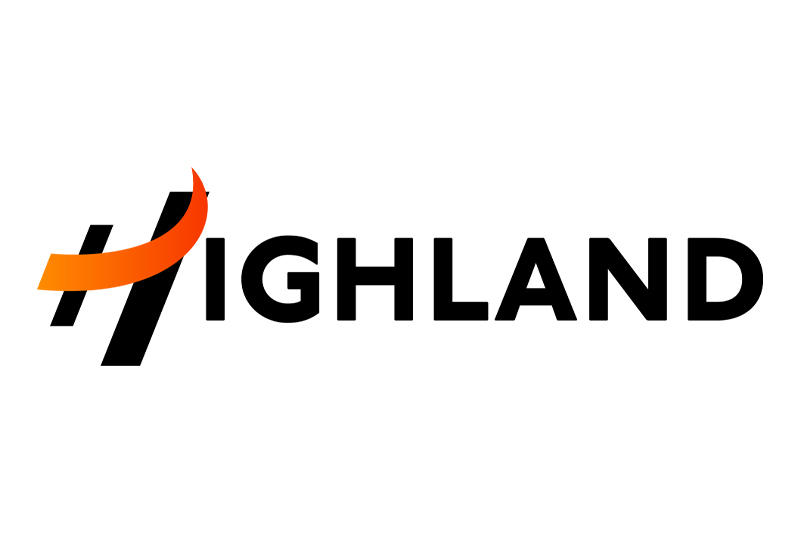The Chancellor of the Exchequer, Rachel Reeves, delivered the first budget of the new Labour Government to the House of Commons on 30 October 2024.
The Budget revealed a “new settlement for public services”, promising a day-to-day increase of spending for public services by 3.3% on average in real terms over this year and next year.
The 3.3% increase in public spending is to "fix the foundations of the economy and deliver change by protecting working people, fixing the NHS, and rebuilding Britain."
the Chancellor has confirmed an additional £22.6bn for day-to-day spending over two years for the Department of Health and Social Care
Further, the Chancellor has confirmed an additional £22.6bn for day-to-day spending over two years for the Department of Health and Social Care to support the NHS in delivering an extra 40,000 elective appointments per week.
Reducing waiting times in the NHS was one of the Government’s first aims in office. The government is also investing around £1.5bn in capital funding across the NHS estates.
The money will go towards:
- New surgical hubs
- Diagnostic scanners
- New beds
The money will also be used to create more treatment space in emergency departments and help shift more care into the community.
Additionally, the Government has earmarked £100m to carry out 200 GP estate upgrades across England, to support improved use of existing buildings and space, in the hopes this will boost productivity and enable delivery of more appointments.
What the healthcare professionals think
While this Budget has made some professionals working in the healthcare sector optimistic for the future of the NHS with the cash injections, they have highlighted the lack of clarity around how these investments are going to be divided amongst the goals and initiatives the government has for the NHS with this money.
Jeremy Nettle, Chair of the Highland Marketing advisory board, said: "The big question for this Budget was whether the Chancellor would stop the bleeding in NHS and social care or whether she would apply a sticking plaster. It turns out the answer is a bit of both.
"Rachel Reeves announced a headline £22.6 billion for day-to-day spending over the next two years, which is very welcome. But some of that money will be consumed by existing deficits and the increase in employer’s National Insurance costs, unless the health service can deliver the 2% productivity, efficiency, and savings target that all departments have been asked to hit.
The big question for this Budget was whether the Chancellor would stop the bleeding in NHS and social care or whether she would apply a sticking plaster
"The government is also investing around £1.5 billion in beds, surgical hubs, modern scanners and AI to increase capacity and tackle waiting lists. Again, this is welcome. But we don’t know how the money will be allocated between beds, the development of polyclinics, and med tech."
Allan Elborn, Managing Director of Fujifilm Healthcare UK, a medical equipment manufacturer, said: "It is reassuring to hear that the Government understands the need for additional NHS funding at this critical point, with the announcement of an additional £22.6bn funding for the day-to-day health budget.
"While this additional funding is of course welcomed, with the current challenges faced by the NHS as identified in Lord Darzi’s report, we must simultaneously keep focus on identifying funding efficiencies, improving education, harnessing innovative technologies, and supporting the workload of clinicians delivering care throughout the NHS.
"For instance, AI-enabled scanners remain a hot topic but, ultimately, the functionality of these machines needs to ensure a better experience for patients and clinicians. Funding should also consider further innovative solutions available to enable the NHS to achieve their aim of community first."

